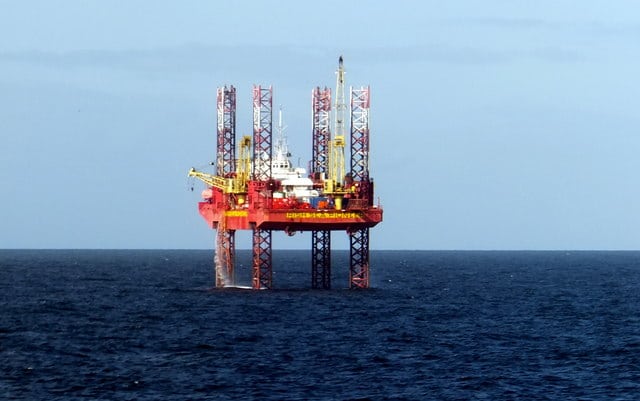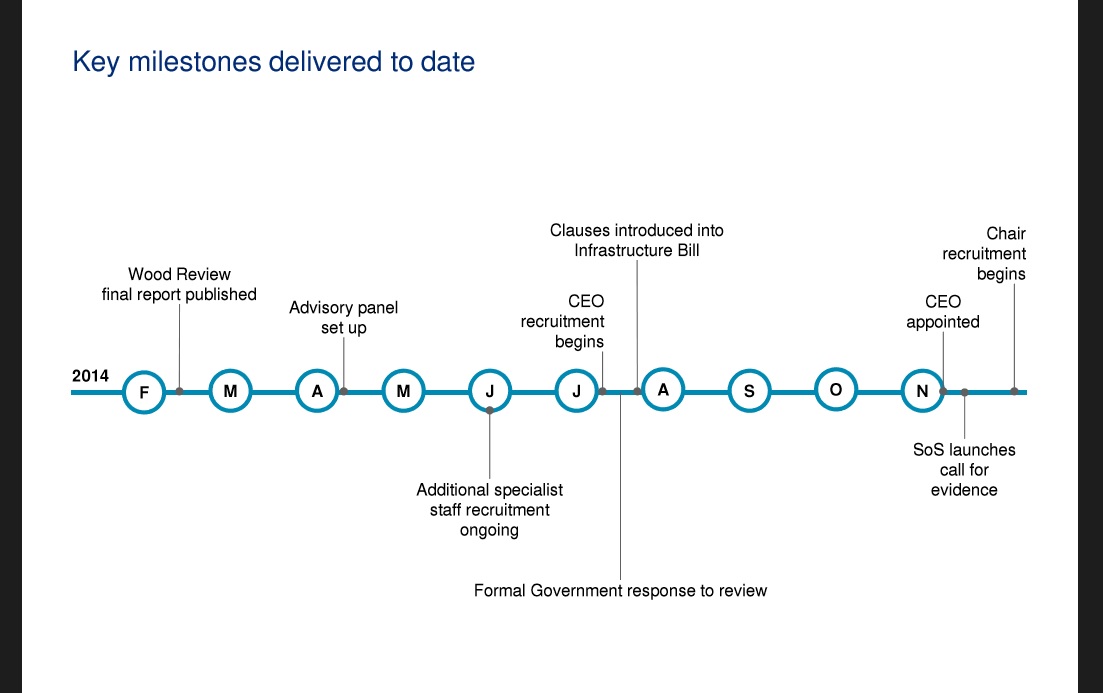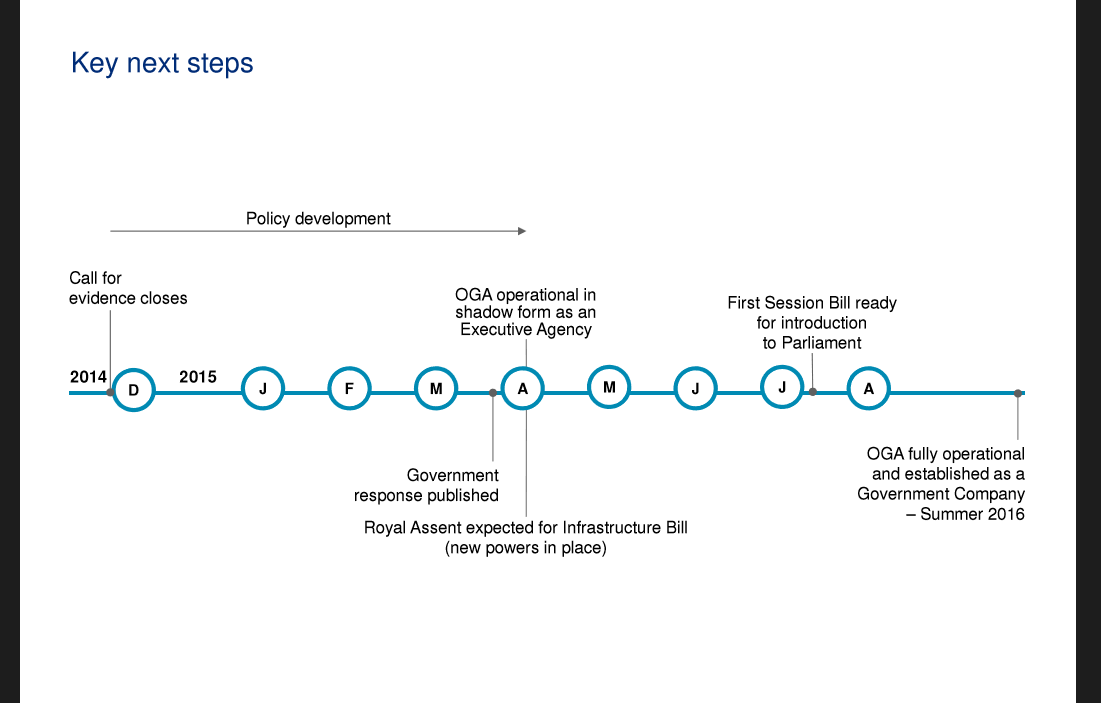A highly controversial clause was snuck into the Infrastructure Act last month mandating all future governments to extract every last drop of oil and bubble of gas out of the ground.
And now George Monbiot, the environmental campaigning journalist, has established that a billionaire best known for his work with the North Sea oil industry was behind the move.
He reports that the idea for this law came from a government review conducted by Sir Ian Wood—the billionaire owner of the Wood Group, which provides services to the oil and gas industry.
No one outside government and industry was consulted on the report. There was no feedback given from environment groups or scientists.
The review’s recommendations “received overwhelming Industry support in written feedback and at various meetings,” writes Sir Ian in the final report. “I have also been encouraged by the positive engagement from DECC [Department for Energy and Climate Change], HM Treasury and senior Government Ministers.”
Top Recommendation
The Wood Review of UK offshore oil and gas recovery, and its regulation, was commissioned in June 2013 by Ed Davey, DECC secretary of state. It was published in February 2014, exactly one year before its recommendations became law.
Slide from DECC call to evidence presentation
At the top of the review’s list of recommendations was for “Government and Industry to develop and commit to a new strategy for Maximising Economic Recovery from the UKCS [UK continental shelf] (MER UK).”
“One of the clearest messages from the feedback was the importance of moving ahead quickly,” Sir Ian states. “There is a huge prize at stake, and I believe Government must implement the key recommendations … as quickly as possible.”
The government published its response to the Wood Review in July 2014, where it promised to implement Sir Ian’s recommendations in full and without delay.
‘Dangerous Addition’
It was at this time that the government confirmed it would include his recommendations in the Infrastructure Act. Introducing clauses to support MER UK to the act ensured “legal footing” for the creation of an Oil and Gas Authority (OGA) as an industry regulator, DECC explained.
MPs opposed the clause implementing a duty to maximise oil and gas extraction during debates in January and February of this year saying it directly contradicted the UK’s aim to cut emissions, as legally required under the Climate Change Act.
Green MP Caroline Lucas called for it to be removed, while former head of the Environment Agency, Lord Chris Smith, told the House of Commons’ Environmental Audit Committee that it was a “dangerous addition” to the Infrastructure Bill.
Slide from DECC call to evidence presentation
But as the government’s July 2014 response shows, DECC had already started “actively recruiting” specialist staff for the OGA well before the bill ever became law. Andy Samuel, the then-European exploration and production managing director at British oil and gas multinational BG Group, was appointed as the OGA’s chief executive.
At the launch of the government’s Wood Review Implementation plan, Samuel emphasised that his strategic objective was to maximise economic recovery from the UKCS.
Any Areas Overlooked?
DECC also issued a call for evidence to its response – this was targeted exclusively to “an audience of senior leaders from the Oil and Gas industry.”
The call for evidence stated that “it is not our intention to re-open questions or the recommendations contained in Sir Ian Wood’s Report” and that “Government has accepted the Wood Review recommendations in full so seeks evidence solely related to how these should be implemented.”
As a government workshop presentation reveals, DECC asked: “Are there any areas missing/any areas of particular importance that have been overlooked” as well as “What are the key challenges of implementation?”
The question of how maximising the extraction of fossil fuels would impact climate change, on the other hand, does not appear to have been considered.
Photo: Richard Hoare via Geographic
Subscribe to our newsletter
Stay up to date with DeSmog news and alerts








